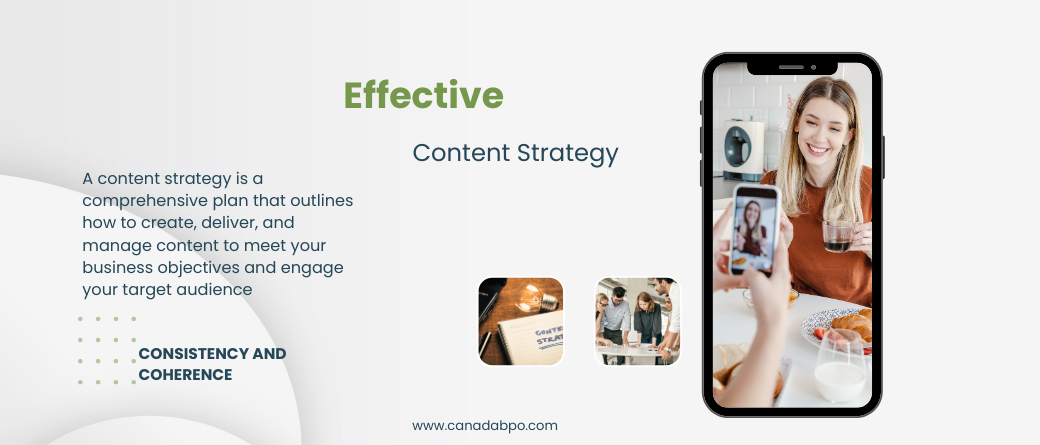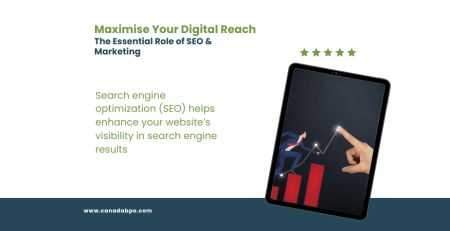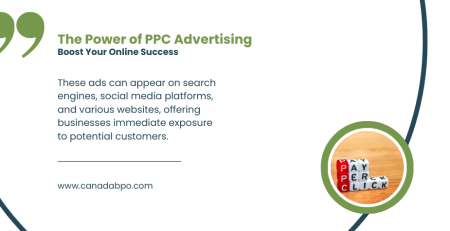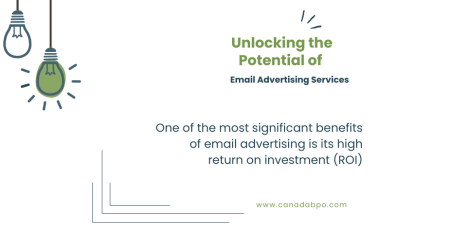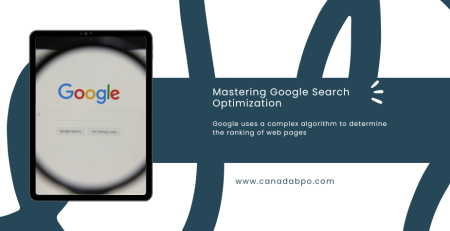In the digital age, where content is king, having a well-defined content strategy is crucial for achieving your marketing goals and connecting with your audience. Whether you’re a small business owner, a marketer, or a content creator, understanding how to develop and implement a content strategy can make a significant difference in your online presence and overall success.
In this blog post, we’ll delve into what a content strategy is, why it’s essential, and how to create one that effectively engages your audience and drives results.
What is a Content Strategy?
A content strategy is a comprehensive plan that outlines how to create, deliver, and manage content to meet your business objectives and engage your target audience. It involves defining your content goals, understanding your audience, and mapping out the types of content you will produce and distribute.
A well-crafted content strategy aligns with your brand’s voice, supports your marketing goals, and ensures that your content resonates with your audience. It encompasses various aspects, including content creation, distribution, and measurement.
Why is a Content Strategy Important?
An effective content strategy is vital for several reasons:
1. Consistency and Coherence
A content strategy ensures that your content is consistent in tone, style, and messaging across all platforms. This coherence helps reinforce your brand identity and builds trust with your audience.
2. Targeted Content Creation
By understanding your audience’s needs and preferences, you can create content that is relevant and valuable to them. This targeted approach increases engagement and helps you address specific pain points or interests.
3. Efficient Resource Allocation
A well-defined content strategy helps you allocate resources effectively, whether it’s time, budget, or personnel. It provides a clear roadmap for content creation and distribution, minimizing waste and maximizing impact.
4. Improved SEO and Visibility
A strategic approach to content creation can improve your search engine rankings and visibility. By focusing on relevant keywords and optimizing your content, you can attract organic traffic and reach a broader audience.
5. Measurable Results
A content strategy includes metrics and KPIs (Key Performance Indicators) to measure the effectiveness of your content. This allows you to track performance, analyze results, and make data-driven decisions to refine your strategy.
Key Components of a Content Strategy
Creating a successful content strategy involves several key components:
1. Define Your Goals
Start by defining what you want to achieve with your content. Your goals could include increasing brand awareness, generating leads, driving website traffic, or building customer loyalty. Clear goals will guide your content creation and help you measure success.
2. Understand Your Audience
To create content that resonates with your audience, you need to understand their needs, preferences, and behaviors. Develop detailed audience personas that include demographic information, interests, pain points, and content consumption habits.
3. Conduct a Content Audit
Review your existing content to identify what has been successful and what needs improvement. A content audit helps you understand gaps in your content, assess its performance, and determine which topics and formats resonate with your audience.
4. Develop Your Content Plan
Create a content plan that outlines the types of content you will produce, including blog posts, videos, infographics, social media updates, and more. Determine the topics, formats, and frequency of content to ensure you maintain consistency and meet your goals.
5. Create a Content Calendar
A content calendar helps you organize and schedule your content in advance. It ensures that you publish content regularly and stay on track with your content plan. Include key dates, deadlines, and content themes to keep your team aligned.
6. Focus on Content Quality
Quality content is essential for engaging your audience and achieving your goals. Ensure that your content is informative, well-written, and visually appealing. Invest in high-quality visuals, accurate information, and compelling storytelling.
7. Optimize for SEO
Incorporate SEO best practices to improve your content’s visibility in search engine results. Use relevant keywords, optimize meta descriptions and headlines, and ensure your content is mobile-friendly and easy to navigate.
8. Distribute Your Content
Develop a distribution strategy to ensure your content reaches your target audience. Utilize various channels such as social media, email newsletters, and partnerships to amplify your content’s reach and engagement.
9. Measure and Analyze Performance
Track the performance of your content using analytics tools. Monitor key metrics such as page views, engagement rates, conversion rates, and social shares. Use this data to evaluate the effectiveness of your content and make informed adjustments to your strategy.
10. Adjust and Refine Your Strategy
Based on your performance analysis, make necessary adjustments to your content strategy. Continuously refine your approach to align with changing audience preferences, industry trends, and business goals.
Examples of Effective Content Strategies
Here are a few examples of companies that have successfully implemented content strategies:
1. HubSpot
HubSpot is a prime example of a company with a successful content strategy. They produce a wide range of content, including blog posts, eBooks, webinars, and videos, focused on inbound marketing, sales, and customer service. HubSpot’s content is valuable, educational, and tailored to their audience’s needs, establishing them as a thought leader in their industry.
2. Red Bull
Red Bull’s content strategy revolves around creating high-energy, engaging content that aligns with their brand’s adventurous personality. They produce videos, articles, and social media content related to extreme sports, music, and lifestyle, successfully engaging their target audience and reinforcing their brand identity.
3. Coca-Cola
Coca-Cola’s content strategy focuses on storytelling and emotional connection. Their campaigns often feature heartwarming stories and inspiring messages that resonate with their audience. By creating content that evokes positive emotions and aligns with their brand values, Coca-Cola maintains strong brand loyalty and engagement.
An effective content strategy is essential for achieving your marketing goals, engaging your audience, and building a strong online presence. By defining your goals, understanding your audience, and focusing on quality and consistency, you can create content that resonates with your target audience and drives meaningful results.
At Canada BPO Services, we specialize in developing comprehensive content strategies tailored to your business needs. Whether you’re looking to enhance your content marketing efforts or refine your current strategy, our team is here to help. Contact us today to learn how we can assist you in crafting a content strategy that delivers results and elevates your brand!
